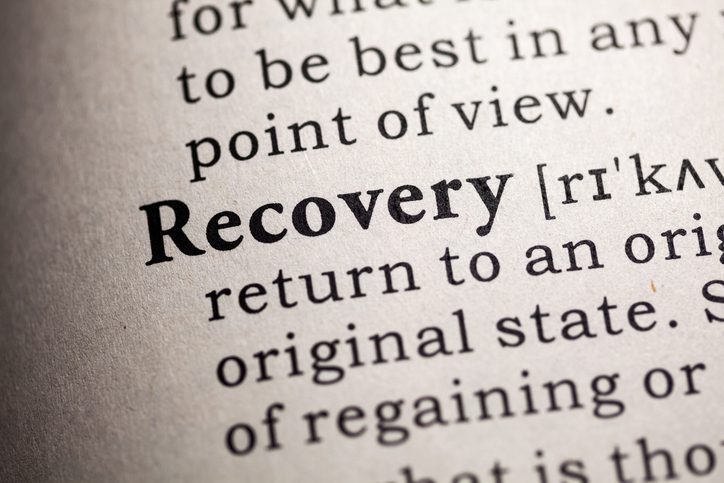Maybe this has happened to you: You’re digging into a halved grapefruit with a spoon, looking forward to that sharp, distinctive taste, when suddenly some juice from the fruit shoots up and into your eye. Did you know there is a word for that?
The word is “orbisculate.” It isn’t in common usage, and you won’t find it in dictionaries, but one family is working hard to change that as a way to honor their late father. Here’s a bit of the story from orbisculate.com:
Our father invented orbisculate in college to describe when a citrus fruit squirts in your eye, then proceeded to use it so often when we were growing up that we were shocked to discover it wasn’t in the dictionary (also kind of annoyed, since we found out when we lost a $5 bet to one of our friends).
In April 2020, our dad died from Covid-19. The pain hasn’t left us, but neither have the lessons he taught us: to find a way to laugh even in dark times; to follow your own path; and, when you don’t like the solutions in front of you, to make up your own.
So we’ve launched a campaign in his honor to get orbiculate into the dictionary.
We bring this up to acknowledge that there are a lot of words and terms and bits of jargon in the world—and it can be hard to figure out what they mean if you aren’t already familiar with them. That is certainly true when it comes to ideas around recovery from a substance use disorder.
Let’s take a look at some recovery words and terms that pop up from time to time.
What is a ‘Dry Drunk’?
Have you ever heard someone referred to as a “dry drunk” and wondered what that could possibly mean? You can either be “dry” (that is, sober) or “drunk” (that is, using drugs or alcohol), right?
We want to note that as a rule, we object to the use of “drunk” to describe a person because it is both inaccurate and unkind. But this bit of recovery jargon is in common usage and often misunderstood.
The term “dry drunk” refers to a person who has gotten sober but who is still behaving in ways common to those who are struggling with a substance use disorder. For example, a newly sober individual might struggle with anger issues or an ongoing sense of impatience. They might find themselves looking back fondly on their time using drugs or alcohol. They might continue to have poor impulse control. Or they might start to feel overconfident and stop doing the things—like going to recovery meetings—that support ongoing sobriety.
Unsurprisingly, a person who is exhibiting the characteristics of a dry drunk is at significant risk of experiencing a relapse. If you think you might fall into this category, we strongly recommend talking these issues through with a therapist. Good mental health and sobriety go hand in hand.
What is a ‘High-Functioning Alcoholic’?
A person who is described as a “high-functioning alcoholic” is someone who seems to be experiencing success in their day-to-day lives despite developing a substance use disorder around alcohol. In fact, a person in this situation might convince themselves that they are experiencing success—at least in part—because they are drinking.
We should note here that this concept can also apply to a person using drugs other than alcohol. You could think of it as “high-functioning person with a substance use disorder,” though that does not quite roll off the tongue.
In any event, a high-functioning alcoholic is likely to put off getting treatment for a substance use disorder because they have convinced themselves they don’t have a problem. And as long as things are going well, others in their life might not think they have a problem either.
Eventually, however, the physical and mental impacts of ongoing substance use are going to start upending a person’s ability to pretend like everything is fine. A person who can be honest with themselves sooner rather than later can limit the damage done by a substance use disorder.
You can learn more about high-functioning alcoholics and the signs to look for in this previous blog post.
There’s More to Come
This blog post is the first in a series looking at recovery jargon. There are plenty of terms and ideas to explore, and having a clear understanding of what they mean can help you navigate your recovery journey.
We are Counted Among the Best Recovery Centers
When you are struggling with drugs or alcohol, you want to pursue treatment at a place that is well-known for the excellence of its services. Wooded Glen Recovery Center, which is located in Henryville, Indiana, has been recognized for the second consecutive year as one of the best substance use disorder treatment centers in the nation.
That means you can always count on us to provide personalized treatment for substance use disorders and co-occurring mental health disorders so that you can reclaim and maintain your sobriety. When you are ready to start living again, we can help you learn how.

